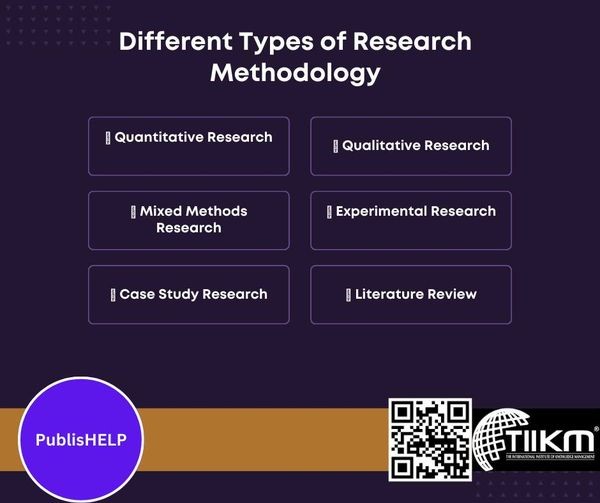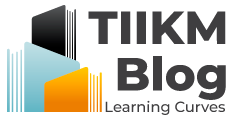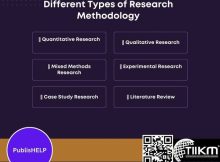
Did you know that researchers use various methodologies to uncover insights and answer research questions? Let’s dive into the world of research methods!
- Quantitative Research:
This method involves collecting and analyzing numerical data to identify patterns, correlations, and statistical relationships. Surveys, experiments, and statistical analysis are commonly used in quantitative research, providing objective and measurable results.
- Qualitative Research:
Qualitative research focuses on exploring and understanding complex phenomena through in-depth interviews, observations, or analysis of textual or visual data. It delves into the subjective experiences, opinions, and meanings of individuals, offering rich and detailed insights.
- Mixed Methods Research:
As the name suggests, mixed methods research combines quantitative and qualitative approaches. Researchers gather and analyze both numerical and textual data to gain a comprehensive understanding of the research topic. This method offers a more holistic perspective and a deeper exploration of complex issues.
- Experimental Research:
Experimental research involves manipulating variables and measuring their effects to establish cause-and-effect relationships. Researchers carefully design controlled experiments to study the impact of specific interventions or treatments.
- Case Study Research:
Case study research focuses on in-depth investigation of a specific case, such as an individual, group, organization, or event. Researchers gather detailed information, analyze multiple data sources, and provide an in-depth analysis of the case under study.
- Literature Review:
A literature review synthesizes and summarizes existing research and scholarly publications on a specific topic. Researchers analyze a wide range of literature to identify gaps, trends, and emerging themes, providing a comprehensive overview of the current knowledge.
These are just a few examples of research methodologies used by scholars worldwide. Each methodology has its strengths and limitations, and researchers choose the most suitable approach based on their research questions and objectives.
So, the next time you come across research findings, remember that the methodology employed plays a crucial role in shaping the insights and understanding we gain!

